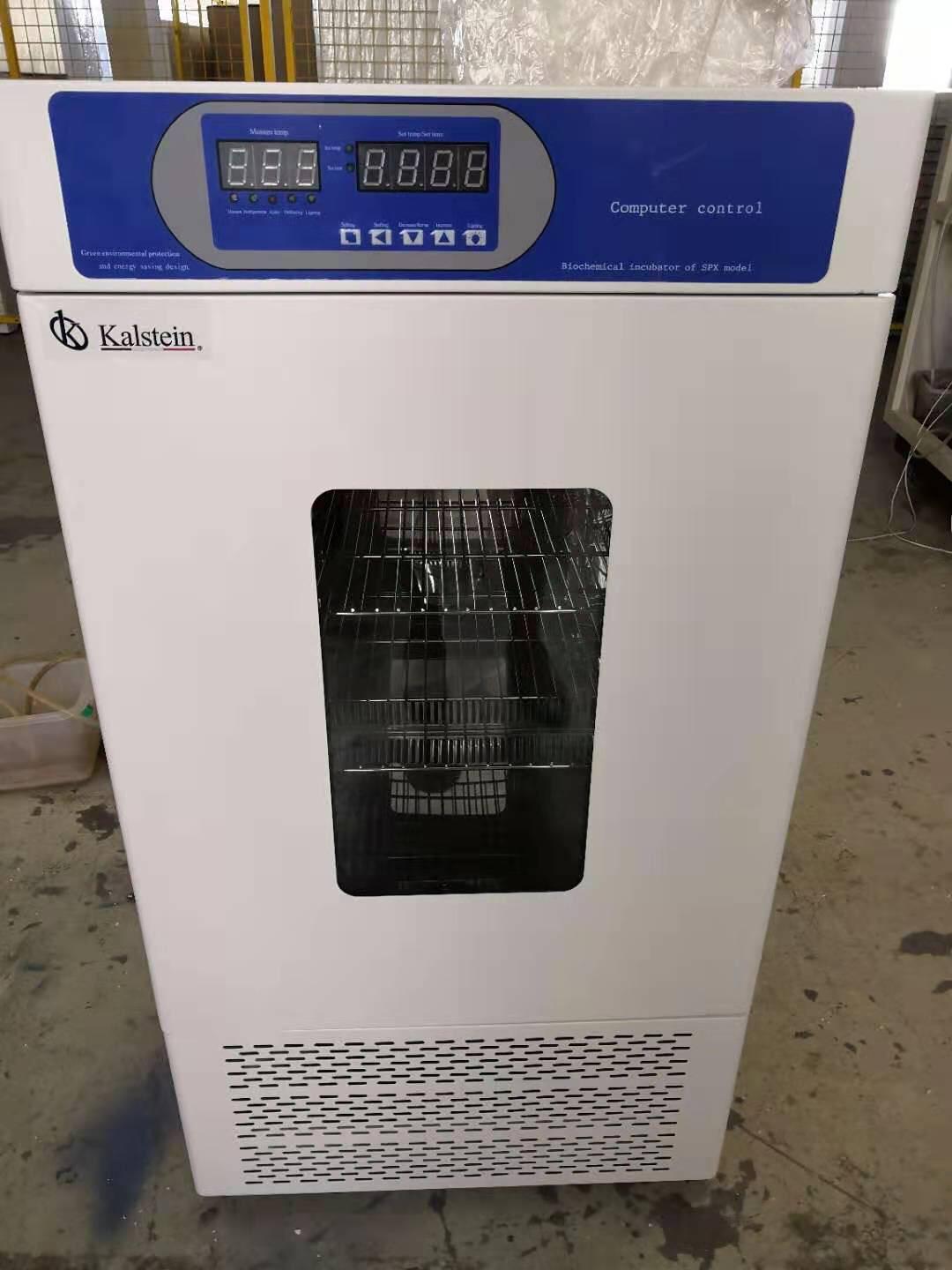In the world of biomedical research and clinical laboratories, incubators are essential tools for the growth and proper maintenance of cell cultures. Understanding the characteristics and leveraging advanced technologies of these devices can make a significant difference in the results obtained. In this article, we will explore the functions, features, and best practices for purchasing and selling clinical laboratory incubators, with a particular focus on products from the manufacturer Kalstein. https://kalstein.co.nz/category-product/laboratory-line/incubators/
Function and Types of Clinical Laboratory Incubators
Clinical laboratory incubators are devices designed to create and maintain optimal environmental conditions for the growth of cells and microorganisms. These incubators are essential for applications such as tissue culture, bacteriology, pharmacological research, and diagnostic testing.
CO₂ incubators are crucial for the culture of eukaryotic cells. They maintain controlled levels of carbon dioxide, humidity, and temperature, simulating the physiological environment necessary for cell proliferation. Products from Kalstein have demonstrated high precision in controlling these parameters, thus ensuring the viability of the cultures.
Shaking incubators are primarily used for microbiological cultures and fermentations. These incubators provide constant agitation to the samples, ensuring adequate aeration and uniform distribution of nutrients.
Key Features of Modern Incubators
The precise control of temperature is a vital characteristic of any clinical laboratory incubator. Variations can severely affect the growth of cultures. Kalstein’s incubators ensure rigorous thermal control, with automatic calibration systems to maintain exceptional levels of precision.
For cell cultures, especially those that mimic physiological conditions, it is essential to maintain constant levels of CO₂ and humidity. Kalstein manufactures incubators with advanced sensors that automatically adjust these levels to maintain ideal conditions.
Another crucial aspect is energy efficiency and safety features. Kalstein’s incubators are designed to minimize energy consumption without compromising performance, and they also have alarm and safety systems in case of any parameter failure.
Buying and Selling Processes for Incubators
Buying an incubator should be a well-planned process, considering the specific needs of the laboratory and comparing different options in the market. In selling incubators, it is equally important to communicate clearly the characteristics and advantages of each model.
When purchasing a clinical laboratory incubator, some essential factors to consider include:
1. Capacity and Size: Ensuring that the incubator has enough space for the intended cultures is fundamental. Kalstein offers a variety of sizes and models to meet different laboratory requirements.
2. Technology and Advanced Features: Investing in incubators with advanced technology can offer superior performance and greater durability. Kalstein’s options include digital displays, remote connectivity, and high-precision sensors.
Strategies for Successful Sales
For those interested in selling incubators, it is important to highlight the unique benefits and technological advancements they offer. Also:
1. Product Demonstrations: Conducting live or virtual demonstrations can attract the interest of potential buyers.
2. Testimonials and Case Studies: Presenting success stories and customer testimonials can increase credibility and confidence in the product.
The price of an incubator can vary widely depending on its features and capacity. It is advisable to request quotes and compare different manufacturers. Kalstein, known for its excellent price-quality ratio, offers a range of accessible and competitive options.To learn about the high-end product catalog that KALSTEIN has for you, visit us at https://kalstein.co.nz/
Optimizing Conditions for Cell Growth
Finally, to ensure success in using clinical laboratory incubators, it is crucial to follow certain practices and recommendations. Constant monitoring of conditions within the incubator is essential. Using incubators like those from Kalstein, which offer sensors and automated alerts, can facilitate this process and ensure the stability of cultures.
Regular maintenance of the incubator is vital for its proper functioning. This includes cleaning, sensor calibration, and verification of safety systems. The manufacturer Kalstein provides detailed maintenance guides for its products. It is important that staff are well-trained in the use and maintenance of incubators. Continuous training helps identify potential problems before they affect the cultures.
Clinical laboratory incubators are indispensable tools for the growth and maintenance of cell cultures. Choosing the right equipment, such as the advanced and high-quality options offered by the manufacturer Kalstein, can have a significant impact on research and diagnostic results. By considering factors such as price, technological features, and specific laboratory needs, a successful acquisition can be guaranteed that meets scientific objectives. Additionally, the purchasing, selling, and maintenance processes must be well-planned and executed to maximize the efficiency and effectiveness of the incubator’s use.

